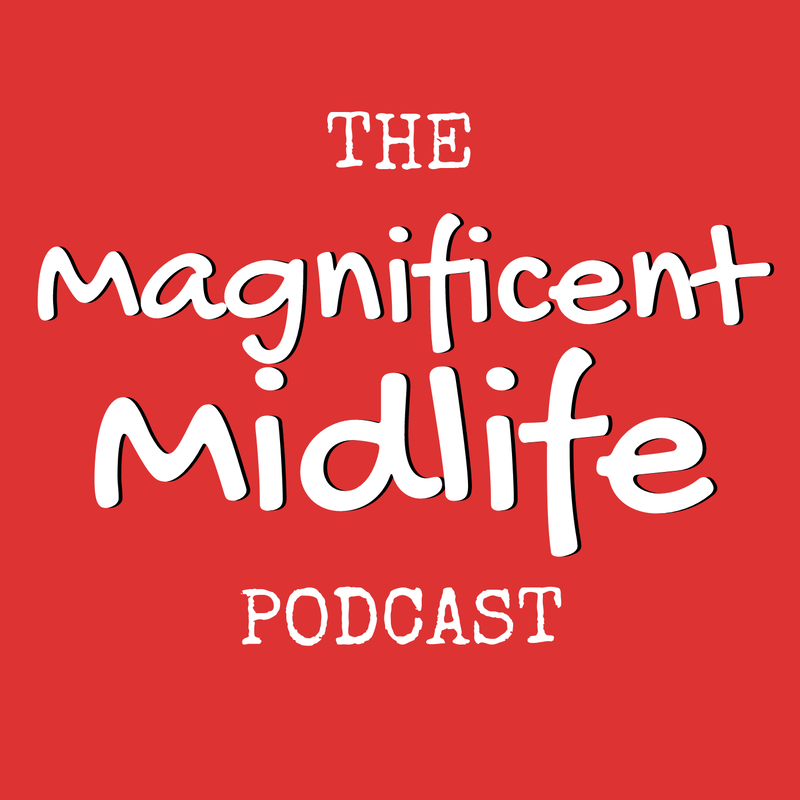|
If you’ve been struggling to lose weight, it’s quite possible your lack of sleep could actually be making you gain weight. Most of us know that getting enough sleep is important, but how many people actual do get enough sleep? We constantly work into the wee hours of the morning, binge watch our favorite TV shows or force ourselves to stay up late simply because we need the downtime. But do you even know what poor sleep habits can lead to? Lack of sleep can cause a lot of problems including sabotaging your weight loss efforts. Take a look at some of the possible outcomes:
I’m pretty sure you’re like me and don’t want to any of the conditions on this list. Today we’re going to focus on how too little sleep can cause weight gain. There are two very important hormones our body produces that are responsible for our hunger levels and our satiety: leptin and ghrelin. Leptin is the hormone that helps regulate energy balance by inhibiting hunger and signaling that you are full. It is produced in the adipose (fat) tissue. Ghrelin is the hormone that increases your appetite. It is produced in the gut, travels through your bloodstream and sends signals to your brain to seek out food. When you don’t get enough sleep, you leptin levels decrease and your ghrelin levels increase. Result? Your hunger increases and you don’t seem to get full. Along with these two important hormones becoming out of balance, when you’re tired you tend to make poor choices when it comes to food. Think about it, if you’re tired and hungry you’re probably not going to go make a salad. You’re more likely to grab some processed carbs as you search for some quick energy. The American Journal of Medicine found those who got less than optimal sleep showed an increase of about 300 calories per day. 300 Calories per day can add up pretty quickly over time causing you to gain quite a bit of weight. And more than likely you’re tired and not adding in extra workouts. Maybe you’re even skipping some workouts. Now lets take a look at insulin and cortisol. Sleep deprivation will cause:
Insulin resistance is a condition in which the body does not use insulin efficiently to move glucose from the blood into the cells and is a characteristic feature of both Type 2 diabetes and pre-diabetes. Cortisol should be elevated in the morning, to get you going for the day, and gradually decrease as the day goes on. With low cortisol levels in the evening allowing you get a good night’s sleep. When cortisol levels are balanced we feel great, energetic and balanced. When they are off we feel anxious, stressed and fatigued. Evening elevated cortisol will signal our body to hold on to body fat. So you see can see how lack of sleep could make weight loss an up hill battle. The next step is fixing the problem. What can you do to get a good nights sleep? Try some of the following to help make the switch:
Strive for 7 – 8 hours of sleep per night. If you’re only getting 4 hours a night, gradually increase each week to work your way up to 7 or 8. Rest and Rejuvenation: The more you exercise and the harder you exercise, the more sleep you’ll need. This is when you body recovers and repairs from your workouts. If you’ve been lifting heavy but not getting results, lack of sleep could be part of the problem. Our central nervous system also restores as we sleep. Inadequate sleep may play a role in developing or aggravating a metabolic disorder. Get enough sleep for your level of activity and intensity of exercise to keep your hormones in balance, your brain thinking clearly, energy levels up and stave off pre-mature aging, cardiovascular disease, diabetes and even stroke. If you’re looking for support on your weight loss journey, join myself, and hundreds of others, in my FREE private Facebook group. Just CLICK HERE to join.
4 Comments
Sally Rozniak
3/5/2020 05:25:56 pm
Great information, but I honestly do most of bedtime routines that are suggested in this article. I enjoy reading and listening to meditation tapes. I usually fall right to sleep with both activities. I would like suggestions for raising my cortisol levels.
Reply
3/6/2020 10:06:44 am
Hey Sally, Glad to know you are already working on these things. When you say you want to learn how to raise your cortisol levels, I'm wondering if maybe you mean how to lower your cortisol levels.
Reply
Sally Rozniak
3/6/2020 05:09:51 pm
Lisa you are right, lower my cortisol levels.
Reply
5/21/2020 12:47:52 pm
Relaxing activities lower cortisol - walking, yoga, tai chi, deep breathing, reading - knitting - meditation - listening to music -anything that helps you to relax
Reply
Leave a Reply. |
authorLisa Swanson is an ACE Certified Health Coach, Personal Trainer and Orthopedic Exercise Specialist as well as a certified AASDN and PN level 1 nutritionist. With over 35 years experience helping people turn their lives around, she is on a mission to provide relevant and useful knowledge to help women in midlife reach their goals. featured onCheck out my interview with the Magnificent Midlife podcast on staying fit and healthy long-term.
Categories
All
|
What I DoAt Body & Soul Coaching I empower women over 50 to lose weight and feel confident without deprivation diets or spending hours in the gym.
|
Company |
|
|
© COPYRIGHT 2022. ALL RIGHTS RESERVED.
|
Website Design by My Personal Trainer Website
|



 RSS Feed
RSS Feed